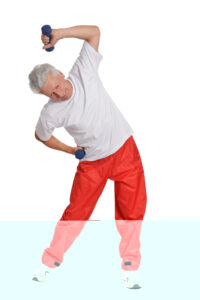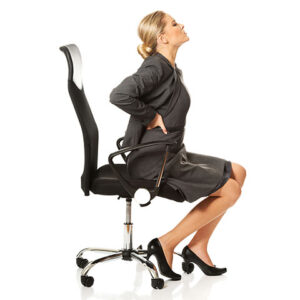
The Ageing Process
Ageing is a natural body process that affects a multitude of systems in the human body. These systems include the skeletal system, cardiovascular system, bowel and bladder, brain function, sensory input, and metabolism.
Our Practitioners at Future Proof Care use gentle, safe and effective techniques to support the body’s natural function. Patients liken us to ‘WD40’, because we relieve the stiffness in joints, therefore, increasing their mobility and flexibility.
Skeletal System
With age, bones can suffer from wear and tear over the years which can result in the need for hip, knee, and/or shoulder replacements. Wear and tear (Osteoarthritis) can cause the body to feel stiff and achy, affecting a person’s posture and ability to freely move. The bones may also lose calcium and other minerals making them thinner (osteoporosis) and vulnerable to fractures on impact.
Cardiovascular System
The most common ageing change that occurs in the cardiovascular system is increased stiffness or hardening of the large arteries. This is called arteriosclerosis and causes high blood pressure (hypertension) because the heart has to work harder to pump the blood around the body.
Bowel and Bladder
As the body slows down, the functions of the bowel and bladder can change. These can range from urge incontinence to constipation and Urinary Tract Infections. It is important to maintain a healthy bowel and bladder system and further information is available in this Age UK Document.
Brain Function
The brain naturally changes over the years affecting memory, learning, and other cognitive functions. For example increased difficulty finding words and recalling names, problems with multi-tasking or a mild decreases in the ability to pay attention. There is growing evidence, however, that the brain remains “plastic” and is able to adapt to new challenges and tasks with the correct stimulating input.
Sight and hearing
Ageing can affect all of the senses, especially hearing and vision. The ears have two functions – hearing and balance. With time, structures inside the ear start to change and their functions decline. The ability to pick up sounds decreases. You may also have problems maintaining your balance as you sit, stand, and walk.
The sharpness of your vision may also gradually decline in both focus and/or glare. The most common problem is difficulty focusing the eyes on close-up objects (presbyopia). Glare can cause trouble adapting to darkness or bright light making it difficult to drive at night.
Metabolism
Metabolism is the process by which your body converts what you eat and drink into energy. It tends to slow with age, making it harder to lose weight. Being less active, losing muscle mass both contribute to a sluggish metabolism
What to do
You can’t stop the ageing process, but you can make choices in your daily life that will improve your ability, maintain an active life, and be able do the things you enjoy.
How to slow the ageing process
- Include more physical activity in your daily routine. Try walking, swimming or other gentle activities that you enjoy.
- Stretch. Do gentle stretches to increase movement within each joint and improve posture.
- Eat a healthier diet. Add more vegetables and fruits to your meals.
- Reduce or stop unhealthy habits such as smoking, alcohol consumption and so forth.
- Manage stress with talk therapies, relaxation techniques and exercise.
- Get quality sleep for 8-9 hours to help the body’s role in healing.
- Take adequate amounts of vitamins such as Calcium, Vitamin D and Omega 3.
- Stay mentally active by playing word games, taking up a new hobby, or learn new skills.
- Be socially Interactive by joining a club, meeting friends or volunteering or attending social events.
- Schedule regular check-ups with your health practitioners such as optician, dentist, audiologist, GP, Chiropractor or Osteopath.


